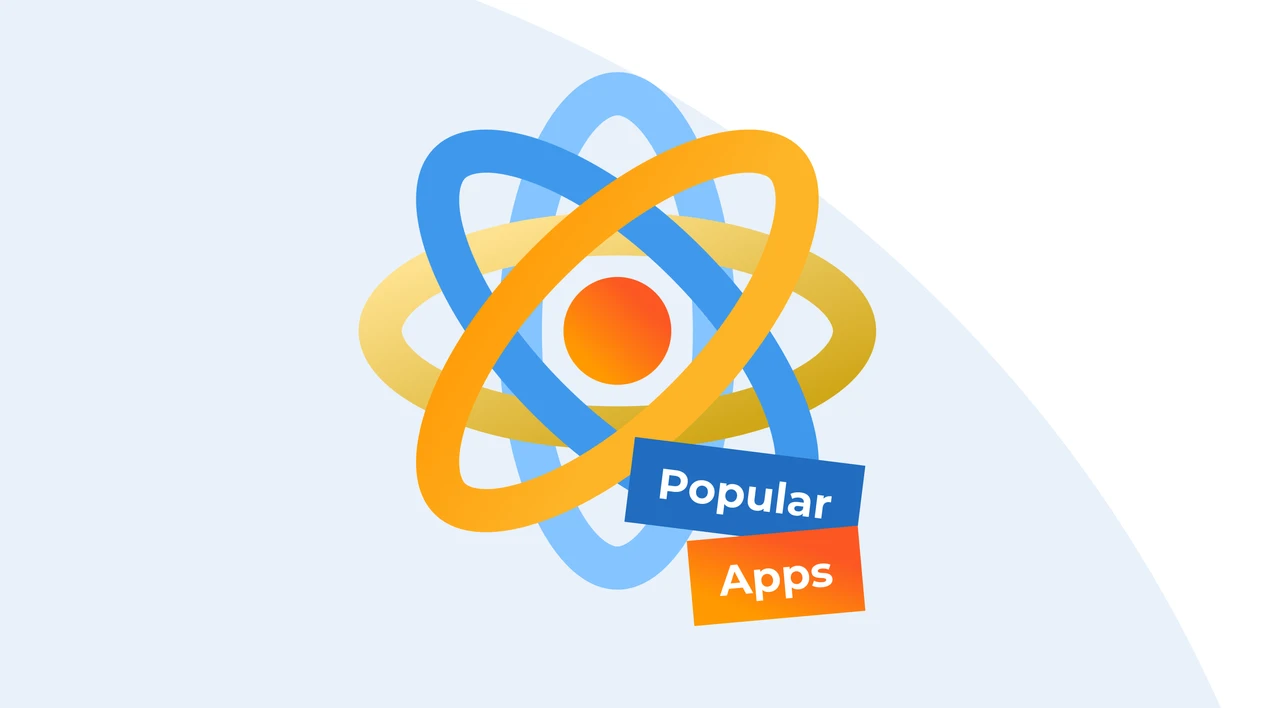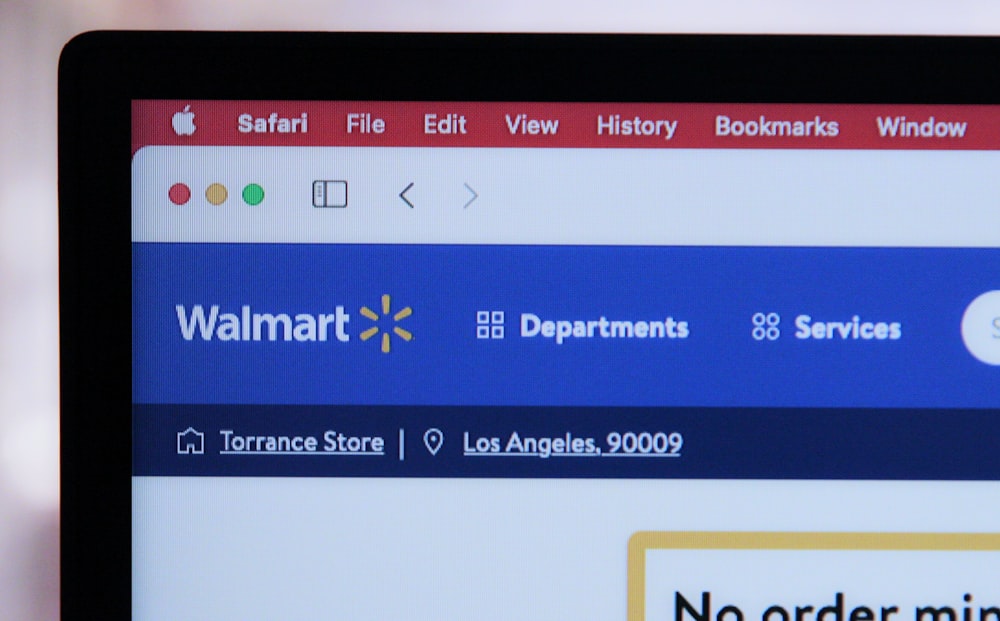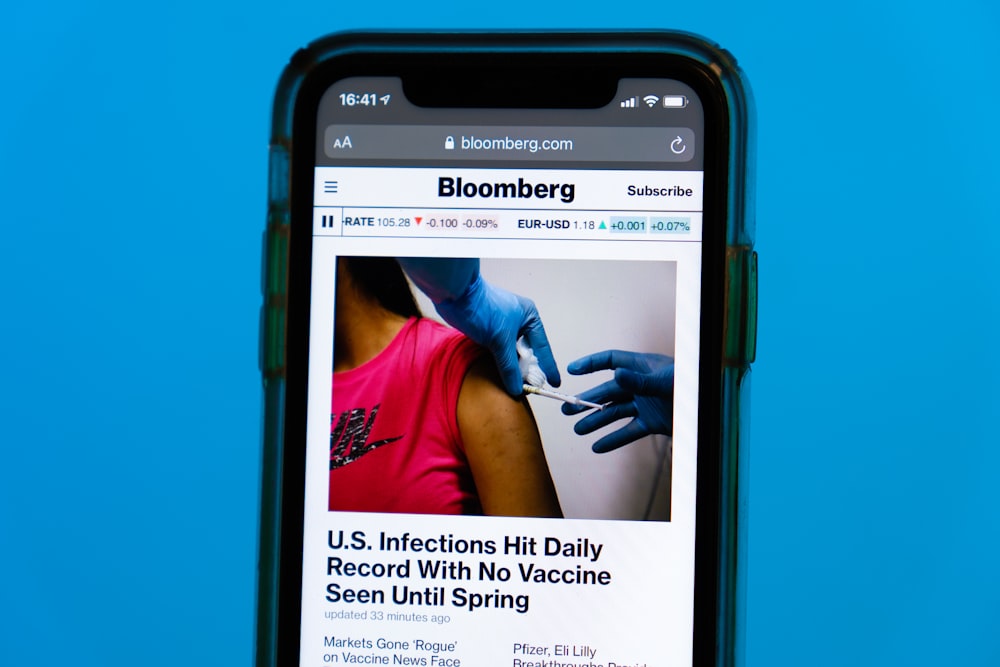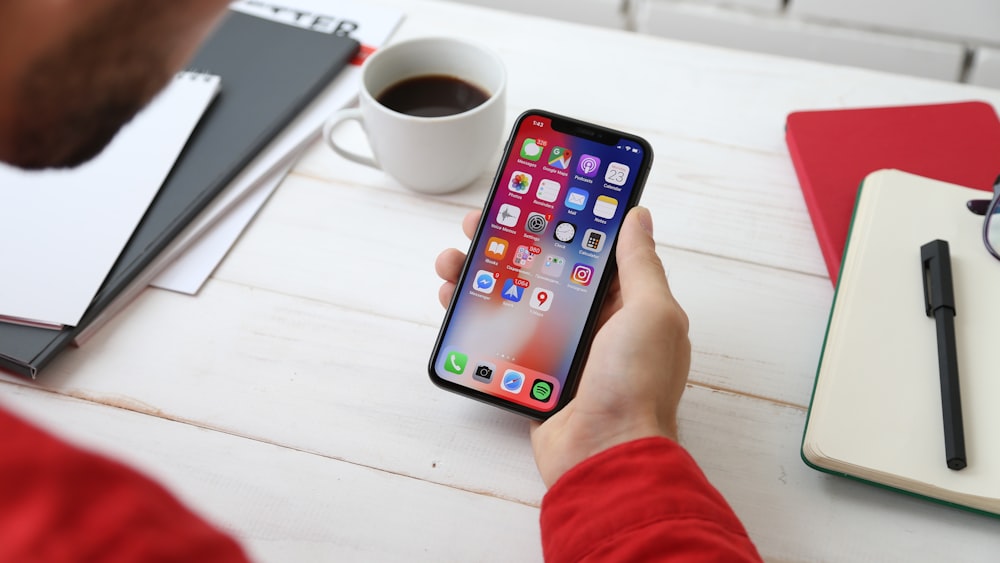React Native is a platform that allows you to build mobile apps in JavaScript using the React framework. With React Native you can write JavaScript code that communicates directly with Native components in order to build cross-platform apps. Because React Native relies on JavaScript, it is often easier to get started for developers that already know JavaScript. One of the primary benefits of React Native is that it is cross-platform; it allows you to build mobile apps for both iOS and Android from a single codebase. Many of today’s popular apps are built with it.
React Native was developed by Facebook in 2015 and has been used by hundreds of companies to create their apps. These include big names like Airbnb, Instagram, Uber, and Microsoft, along with many smaller businesses and startups. Many companies have also used the framework outside the tech industry: anyone can use React Native to build their app.
In this article, we’ll look at some popular apps that have been built with React Native.
Facebook has been one of the most popular mobile apps for many years. Meta is now the maintainer of React Native, and many views within the Facebook mobile app are built with React Native. The first version of the app was released in 2004, and it took Facebook less than two years to develop it after Facemash, an internal hackathon.
The original version of the Facebook app used HTML5. Still, this approach was problematic for several reasons: It needed to be faster to load and easier to navigate, which made it difficult for people to use. In addition, security issues could allow hackers to access user data or crash the app entirely. To solve these problems, Facebook created a new app using React Native instead. Mark Zuckerberg famously relented that the single biggest mistake that Facebook made beforehand was to bet too heavily on web technologies.
The company’s engineers created an iOS version of their site using React Native before turning their attention to Android users. Today, Facebook has almost three billion monthly active users (MAUs) across both platforms combined—and they keep coming back repeatedly.
One of the major benefits of having Facebook back React Native is that they commonly test new features on their own platform. For instance, the React Native team is currently working on a new rendering system called Fabric that will bring performance gains. While Fabric is not yet available to the public, Facebook has currently ported all of the React Native screens in the Facebook app to use their internal version of Fabric. Thus, the new React Native rendering system is being tested on one of the most popular iOS and Android apps on the market.
Meta Ads Manager
Meta Ads Manager, aka Facebook Ads Manager, is a React Native app and it is a great example of how to build a high-quality mobile app using the framework. As you can imagine, the Facebooks Ads app is very important to Facebook since advertisements are a large source of their revenue.
The Meta Ads Manager app has many useful features for beginners and experts alike. One of its most significant advantages is that it’s easy to use, so you can build your ad campaigns without learning new skills or languages. You can also set up automated rules for your ads, which means less manual labor.
This mobile app can create your custom audience from scratch or import contacts from a Facebook page or an external source. The app also allows you to create segmentation rules based on age groups, gender, and other demographics. Using the app’s built-in audience builder tool, you can create custom audiences based on interests or behaviors utilizing the app’s built-in audience builder tool.
You can view performance reports for each ad campaign that shows how many impressions were generated and how many clicks were made by users on those ads; this helps you evaluate which ads are performing well so that they can be improved further while those which do not perform well can be stopped immediately without wasting any more money on them.
Walmart
Walmart is a retail giant with almost 11,000 banner store locations in 24 countries. In addition to its brick-and-mortar stores, Walmart has an online presence and a React Native mobile app for iOS and Android devices.
The Walmart app allows users to browse the store’s selection of products, search for items by category or keyword, and find out what’s in stock at their local store. The app also lets you set up and manage your shopping list, receive coupon alerts, scan barcodes to see if an item is cheaper elsewhere, and much more!
Walmart was built with React Native so that customers can take advantage of all these features while remaining loyal to their preferred platform. Gigantic organizations like Walmart don’t necessarily use React Native to save money; they use React Native because it’s sensible for their businesses, which shows that React Native apps scale well for large use cases.
Bloomberg
Bloomberg is a financial news and data company that provides business news, analysis, and information to help people make informed investing decisions. Bloomberg was founded in 1981 by Michael Bloomberg, who is currently the CEO.
The company also offers several financial data terminals, including the terminal used by many traders and hedge funds.
Bloomberg’s mobile app has been built with React Native, which allows them to update their app more frequently than they could in native development. They can also deploy changes faster and save time by not having to create new code for each platform. The Bloomberg app is a perfect use case for React Native. It is not overly complex and is largely a UI for displaying backend data.
Instagram is a simple way to capture and share the world’s moments. Users can share Instagram notes, post engaging images and videos, and connect with their followers, making it a versatile platform for personal expression and digital storytelling. Follow your friends and family to see what they’re up to and discover accounts from all over the globe sharing things you love. Join the community of over 1 billion people that use Instagram to connect, express themselves, and explore the world around them.
The Instagram app is built in React Native. Instagram is one of the most popular social networks that exist today, and they are able to build their iOS and Android apps from a single codebase with React Native.
SoundCloud Pulse
SoundCloud Pulse is a React Native app that allows users to listen to music, discover new artists, and share their favorite tracks with friends. The mobile app was built with React Native and featured a sleek interface that provides users with an enjoyable experience. SoundCloud Pulse is available on both iOS and Android devices.
Townske
Townske is a community-based React Native app that allows users to share their local experiences, events, and more. The Townske team built their mobile app with React Native to run on both iOS and Android platforms.
Townske was built with React Native to make it easier for both iOS and Android users to find what they’re looking for in their communities. Townske lets users easily search by category or location to find restaurants, bars, events, and more.
Gyroscope
Gyroscope is a health app that allows you to track your daily habits, set goals, and stay motivated. The app uses the React Native framework to create a smooth user experience with an easy-to-use interface. One of the major benefits of React Native is that it allows you to create consistent user experiences across platforms, and Gyroscope takes advantage of this feature.
Gyroscope uses React Native’s fast performance and native feel. It feels as well as its built-in support for dozens of device features such as geolocation, accelerometer, camera, and calendar through APIs that work on iOS and Android.
Wix
Wix is a website builder that lets you create your website from scratch without coding. With Wix, you can add text, images, videos, and other elements to build your site. The app is available for both Android and iOS devices.
The Wix React Native app has received positive reviews from its users, who love its ease of use and simplicity. They also appreciate how easy it is to create an attractive website with Wix.
Wix’s React Native app allows users to build mobile apps with the same drag-and-drop interface they’re familiar with in the web version of Wix.
Wix’s React Native app allows users to connect their existing Wix site with their new mobile app. This makes it easy for them to update their website or app and have the changes appear on both platforms simultaneously.
Delivery.com
Delivery.com is a food-delivery service that allows users to order from restaurants in their area and have their food delivered to them.
The app was built with React Native and is available for iOS and Android devices. The app has been downloaded over 10 million times and has more than 1 million monthly active users.
Takeaway
React Native has been used to build some of the most popular cross-platform mobile apps in the world. From Facebook and Instagram to Walmart and Wix, there’s no doubt that React Native has proven itself as a versatile and powerful tool for building scalable mobile applications.
These companies using React Native development services are not just selling millions. They’re multi-billion ventures that leverage and integrate React Native to build their mobile apps.
You can learn more about React Native.
React Native Development Experts
Flatirons provides React Native development services tailored for your business needs.
Get the CEO's Take
Handpicked tech insights and trends from our CEO.
React Native Development Experts
Flatirons provides React Native development services tailored for your business needs.
Get the CEO's Take
Handpicked tech insights and trends from our CEO.

Record Information System (RIS) for Healthcare Data Management
Flatirons
Jul 02, 2025
Proof of Concept Examples: Validating Ideas in Action
Flatirons
Jun 30, 2025
Javascript Developer Salary Insights in the US
Flatirons
Jun 28, 2025
Powerful Electron Alternatives for Cross-Platform App Development
Flatirons
Jun 28, 2025
Why Is Python So Popular – Explained for Beginners
Flatirons
Jun 28, 2025
What is a White Label App?
Flatirons
Jun 28, 2025










